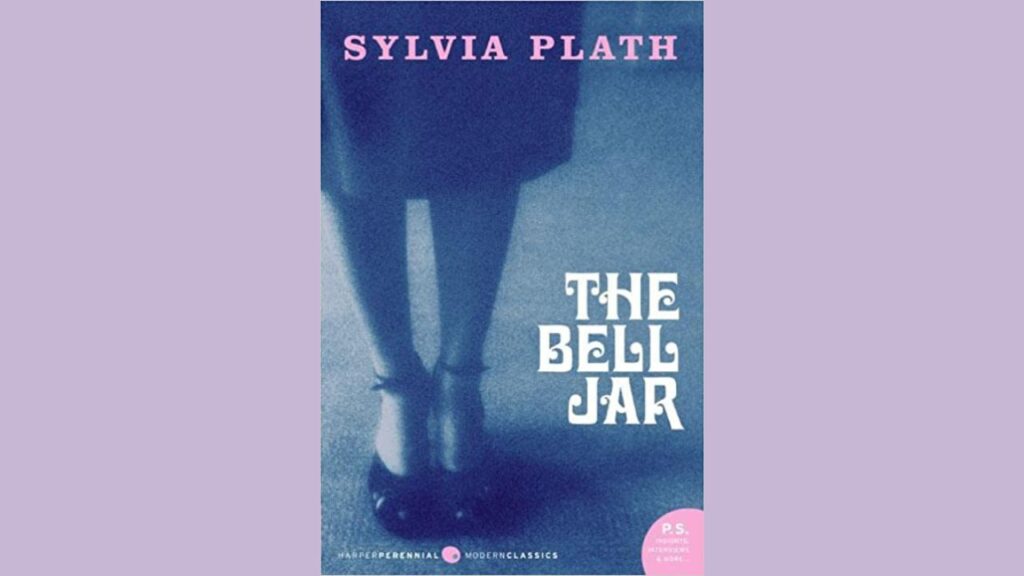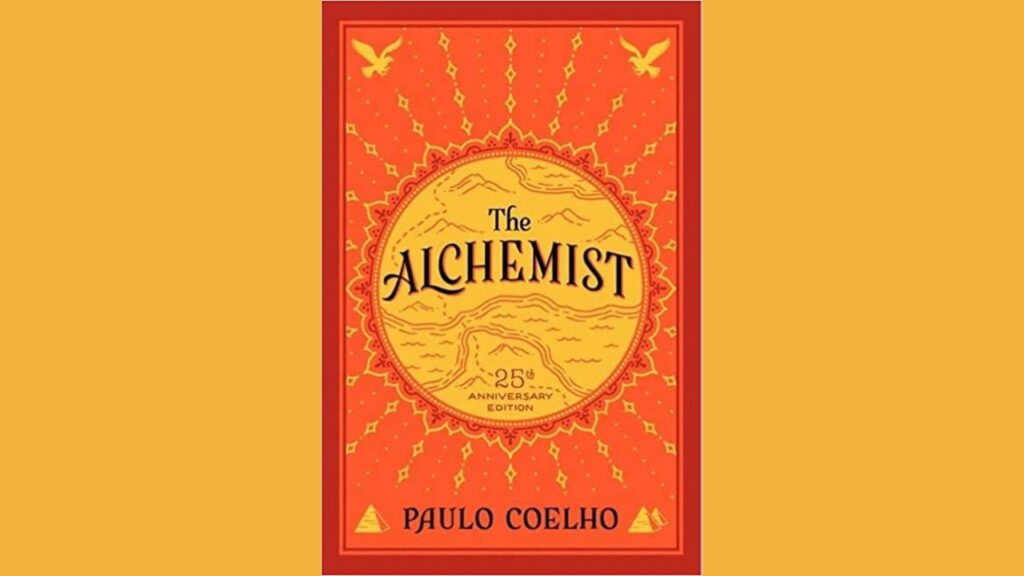
Student Notes – The Historian by Elizabeth Kostova
Introduction:
The Historian by Elizabeth Kostova is a gripping and atmospheric novel that blends history, mystery, and the supernatural. Published in 2005, it takes readers on a journey through time and across continents, exploring the legends and lore surrounding the infamous historical figure, Vlad the Impaler. These comprehensive student notes provide an in-depth analysis of the novel, including its setting, historical context, characters, plot summary, key themes and symbolism, as well as analysis and discussion points, offering a deeper understanding of Kostova’s captivating tale.
Setting:
- The story spans various locations, including Amsterdam, Budapest, Istanbul, and Eastern Europe. The narrative moves between the past and the present, intertwining historical events with the characters’ journeys.
Historical Context:
- The Historian draws heavily on the historical figure Vlad the Impaler, also known as Dracula, and the myths and legends surrounding him. The novel weaves together real historical events and fictional elements, creating an intricate tapestry of past and present.
Characters:
The Narrator (Unreliable Narrator):
- The protagonist remains unnamed and serves as the primary narrator. She embarks on a quest to uncover the truth behind her father’s mysterious disappearance and his connection to the myth of Dracula.
Paul:
- The narrator’s father, an esteemed historian who disappears while conducting research on Dracula. His absence drives the narrator’s journey and search for answers.
Professor Bartholomew Rossi:
- A close friend and mentor of the narrator’s father, Rossi aids her in unraveling the mystery surrounding Dracula. He provides historical context and guidance throughout her journey.
Helen Rossi:
- The daughter of Professor Rossi and a key figure in the narrator’s investigation. Helen possesses a deep knowledge of Dracula and becomes a valuable source of information.
Plot Summary:
- The Historian follows the narrator’s quest to uncover the truth about her father’s disappearance and his obsession with Dracula. Through letters, journals, and encounters with various individuals, she delves into the dark and secretive world of vampire lore, uncovering hidden documents and following a trail of clues that lead her closer to the enigmatic figure of Vlad the Impaler.
Key Themes and Symbolism:
The Power of History and Legends:
- The novel explores the enduring power of history, myths, and legends, demonstrating how they shape our perceptions and impact our lives.
Loss and Longing:
- The narrator’s search for her father and the sense of loss and longing that permeates the story reflect the universal human experience of longing for connection and understanding.
Dualities and Duplicity:
- The duality of good and evil, light and darkness, and the blurred lines between truth and deception are recurring themes. Characters grapple with their own dual natures and the moral complexities of their choices.
The Nature of Evil:
- The novel delves into the nature of evil and the consequences of unchecked power, using the character of Dracula as a symbol of darkness and corruption.
Analysis and Discussion Points:
- The portrayal of female characters and their agency within the male-dominated world of academia and historical research.
- The blending of historical fact and fiction, and the role of storytelling in shaping collective memory.
- The exploration of the vampire archetype and its cultural significance throughout history.
- The novel’s commentary on the passage of time and the cyclical nature of human history.
Conclusion:
The Historian by Elizabeth Kostova is a richly textured and captivating novel that weaves together history, mystery, and the supernatural. Through these student notes, readers gain a deeper understanding of the novel’s setting, historical context, characters, plot, key themes, and symbolism. Kostova’s intricate storytelling invites readers to explore the power of legends, the complexities of human nature, and the enduring impact of history on our lives. The Historian remains a compelling and thought-provoking work that bridges the gap between the past and the present, leaving a lasting impression on its readers.





